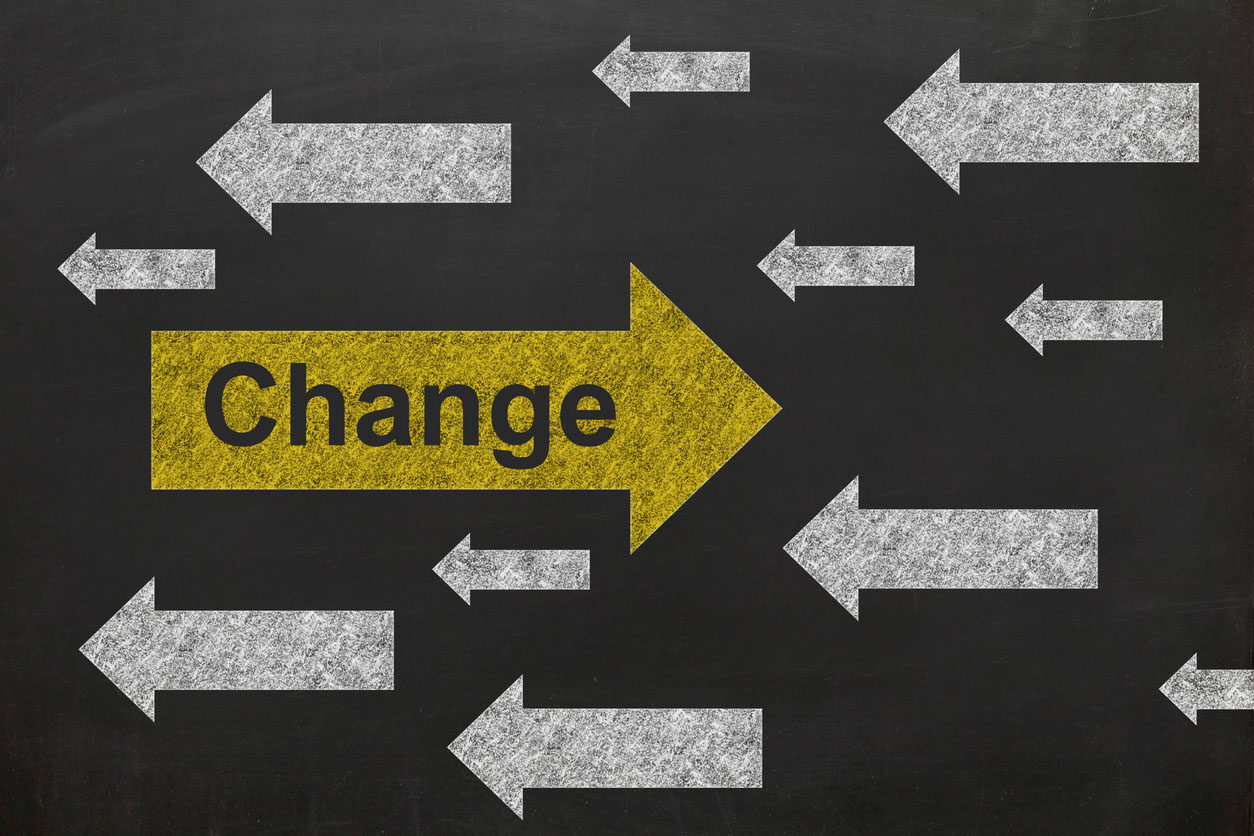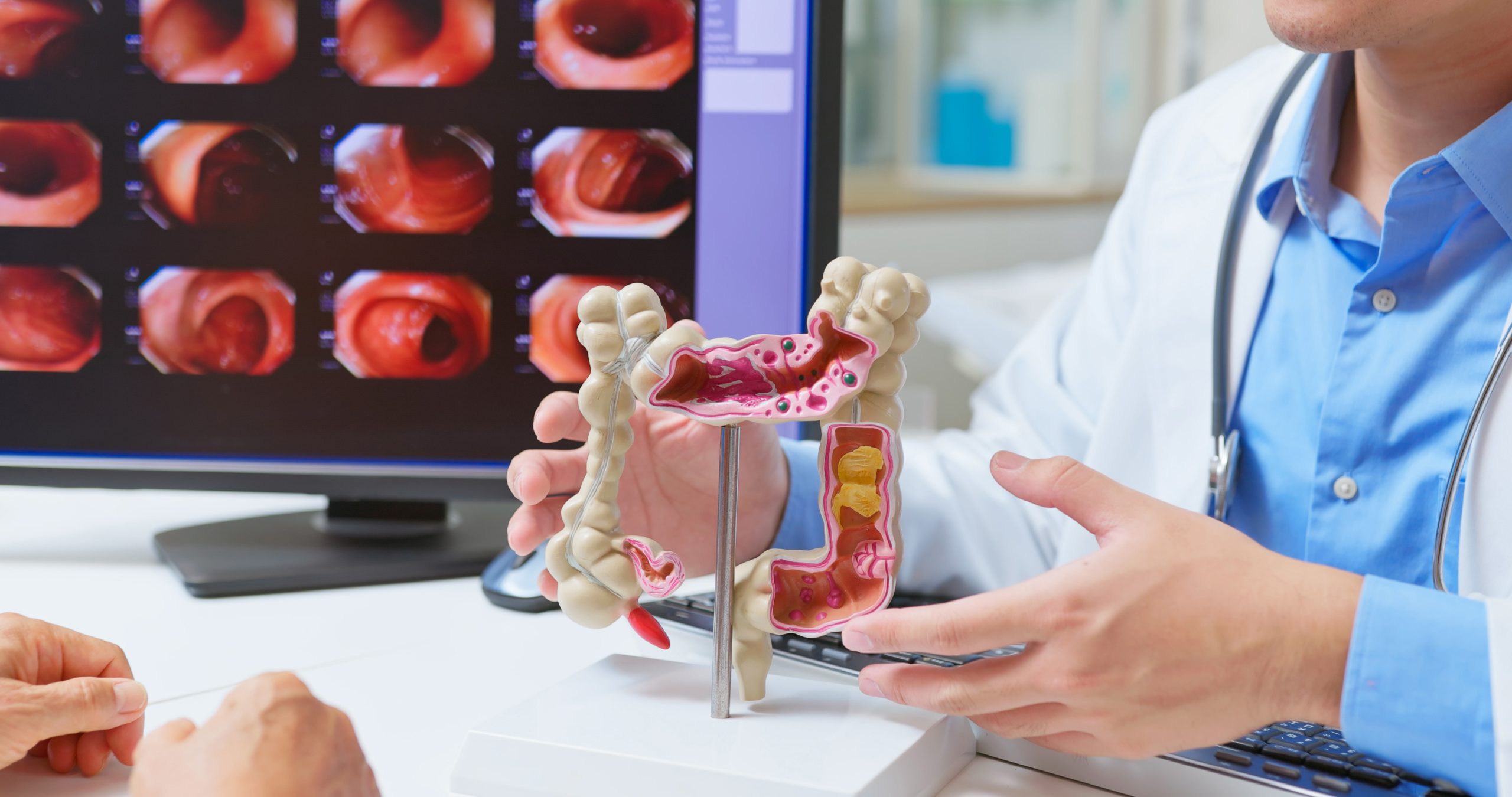AHCC—or Active Hexose Correlated Compound—is used extensively in hospitals throughout Japan for support of patients with immune disorders. Published research has shown that in most patients it can be effective in stimulating and enhancing the natural defense mechanisms of the body.
AHCC has shown impressive results in promoting resistance to viruses, including influenza, and even in boosting natural killer cell activity in cancer patients. It is a dietary supplement rich in polysaccharides and fiber—processed from selected mushrooms into a rich nutritive extract. Mushrooms such as the shitake and reishi have long been part of the traditional herbal medicine arsenal.
AHCC now is one of Japan’s most popular health products, where it’s frequently used in conventional medicine as an adjunct to standard drugs, particularly with chemotherapy. Published reports show its benefit in hepatitis. A study just completed suggests it may shorten the duration and intensity of the flu.
Is there a dietary strategy that reduces a woman’s risk for breast cancer?
According to a study in the prestigious Journal of the National Cancer Institute, there may well be: Postmenopausal women who eat healthy amounts of plant foods rich in estrogen-blocking compounds called lignans may reduce their risk of developing breast cancer.
In the NCI Journal study, women with the highest total amount of lignans in the diet had a 17-percent lower risk of developing breast cancer compared with women having the lowest dietary lignan levels.
Foods rich in lignans such as fruits, vegetables and whole-grain cereal products may help prevent breast cancer in postmenopausal women.
Flaxseed is a food especially rich in lignans. Flax may be eaten as a food, in cereal, sprinkled as a garnish on salads or blended into your favorite protein shake or smoothie. Special standardized concentrates of flax lignans also are being incorporated into nutritional supplements aimed at supporting breast health.
Hormone blockers such as Tamoxifen and Femara are becoming increasingly popular for treatment and prevention of breast cancer. While desirable when serious risk of cancer looms, the side effects of these powerful drugs preclude their routine use for prevention in the millions of women who are concerned about minimizing their risk of breast cancer.
That’s why research on flax lignans has been intriguing. Flaxseeds are a rich, natural source of estrogen-blocking lignans
A study conducted in 1992 showed that flaxseed had protective effects against breast cancer in postmenopausal women.
Next, a study published in 2006 reported that women who had a higher lignan intake decreased their risk of breast cancer by a whopping 58 percent.
Finally, research just completed shows that flaxseed lignans could favorably impact a woman’s estrogen profile, supporting hormone ratios favorable to breast health.
Can eating broccoli help you live longer?
Increasingly, scientists are examining the role specific natural plant compounds or phytochemicals may play in increasing the body’s natural defense system. In 1992, researchers at Johns Hopkins University School of Medicine identified sulforaphane, a compound that occurs naturally in broccoli.
The scientists believe that sulforaphane boosts the body’s own antioxidant defense system, including detoxification enzymes, which promotes long-lasting antioxidant activity in the body.
More than 300 scientific studies point to sulforaphane as a factor in preventing multiple diseases, including several types of cancer, high blood pressure, macular degeneration and stomach ulcers. Now a new study shows that sulforaphane may help reduce cholesterol levels in a matter of days.
“The body of knowledge about the protective effects of sulforaphane is growing at a tremendous rate,” says Dr. Jed Fahey, of the Johns Hopkins School of Medicine. “Within the past year alone, there have been breakthroughs regarding the impact of sulforaphane on cardiovascular disease, eye health and the prevention or spread of cancer.”
Drinking three or more cups of coffee a day may cut the risk of colon cancer in women by half, according to a study by Japanese scientists.
Researchers from Tokyo’s National Cancer Center studied data from more than 96,000 men and women, between 40 and 69 years old, for up to 12 years starting in 1990. They found no significant benefit in men.
Even after adjusting for other factors including diet and exercise, they found that women who drank three or more cups of coffee a day had half the risk of developing colon cancer, compared with those who drank no coffee at all.
Increasing vitamin D levels may help curb the development and progression of breast cancer, suggests a small study from Imperial College in London.
This observation adds to an ever-growing body of evidence linking vitamin D status with incidence and risk of various cancers, including breast, colorectal and prostate. Indeed, the link between vitamin D intake and protection from cancer is not new—researchers have long noted the reduced incidence of cancer at latitudes closer to the equator where sunlight makes more vitamin D in the skin.
The National Cancer Institute estimates that 13 percent of American women will develop breast cancer during their lifetimes.
A compound found in blueberries shows promise of preventing colon cancer, according to a new study. Scientists at Rutgers University and the U.S. Department of Agriculture conducted a joint study on animals and found that the compound—called pterostilbene— lessened pre-cancerous lesions and inhibited genes involved in inflammation. Researchers presented the study at the American Chemical Society’s annual meeting in March 2007.
Blueberries are rich in anthocyanins, widely recognized for their antioxidant qualities.







